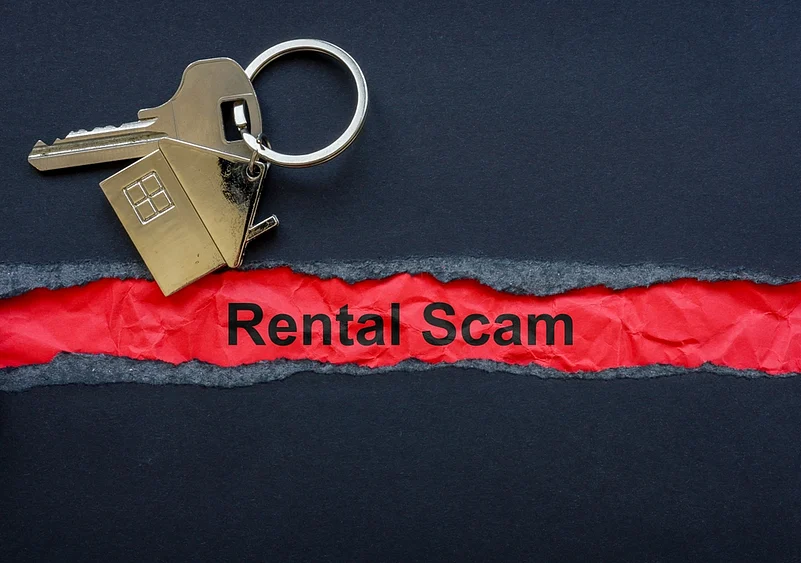India, in its fast pace, has often confused renters with scam offers, from fake listings to exorbitant deposits. Stepping on such common traps will avoid most of the red flags associated with it. The renters find it difficult to sift from a genuine listing in their frantic search for rental housing. Here is how that process begins.
1. Fake Listings
A common scam is fake online listings of attractive properties at low prices to attract renters. These listings usually appear on social media and classified websites with quality photos and tempting descriptions. To avoid this, always see the property in person and meet the landlord. Avoid the properties that seem too good to be true or the landlords who ask for money without a proper visit. Even in online transactions, a visit to a website of genuine repute and cross-validation of the address help avoid being caught off-guard in this situation.
2. Advance Deposits Beyond Reasonable Amount:
Most Indian states cap security deposits at two to three months' rent. However, few landlords demand outrageous advance deposits at some of the competitive places. Advanced knowledge of local regulations regarding security deposits can save you from paying extra. If your landlord demands much more than a deposit, that is another red flag. Negotiate or ask for a lawyer advance payment is supposed to be capped in most states to not let this happen.
3. Latent Charges
Sometimes landlords or brokers include hidden fees, which can be very high maintenance fees, "furniture rentals," and additional "broker fees" that are not revealed before a rental agreement is signed. Review the final terms of any rental agreement to make sure you understand what is included in the rent. Demand a written agreement that outlines all charges and who is responsible for repairs or maintenance. By knowing the agreement, you will not be surprised by surprise charges later.
4. Ownership Verification
Scammers, at times, go along as a landlord or agent but never really own the property. Be safe while verifying their identity and ownership by making them show you the identification of the landlord and proof of their ownership, like a recent bill for property tax or a utility bill showing the landlord's name. You may also approach the neighbours or the management of the building to confirm the landlord's identity and legitimacy. All these verification procedures help in preventing monetary loss in case there is a false rental claim.
5. Cash Payment Only
Most commonly, landlords provide you with all options to pay by bank transfer or cheque. A rogue tenant may request only cash payment so that it cannot be traced. Cash payments are not transparent as well, and you cannot trace them later. Request a formal receipt and opt for digital payments so that all payments can be traced.
Vigilance, research, and making sure everything is transparent at each step can prevent financial loss and bring peace of mind to the whole rental process.












